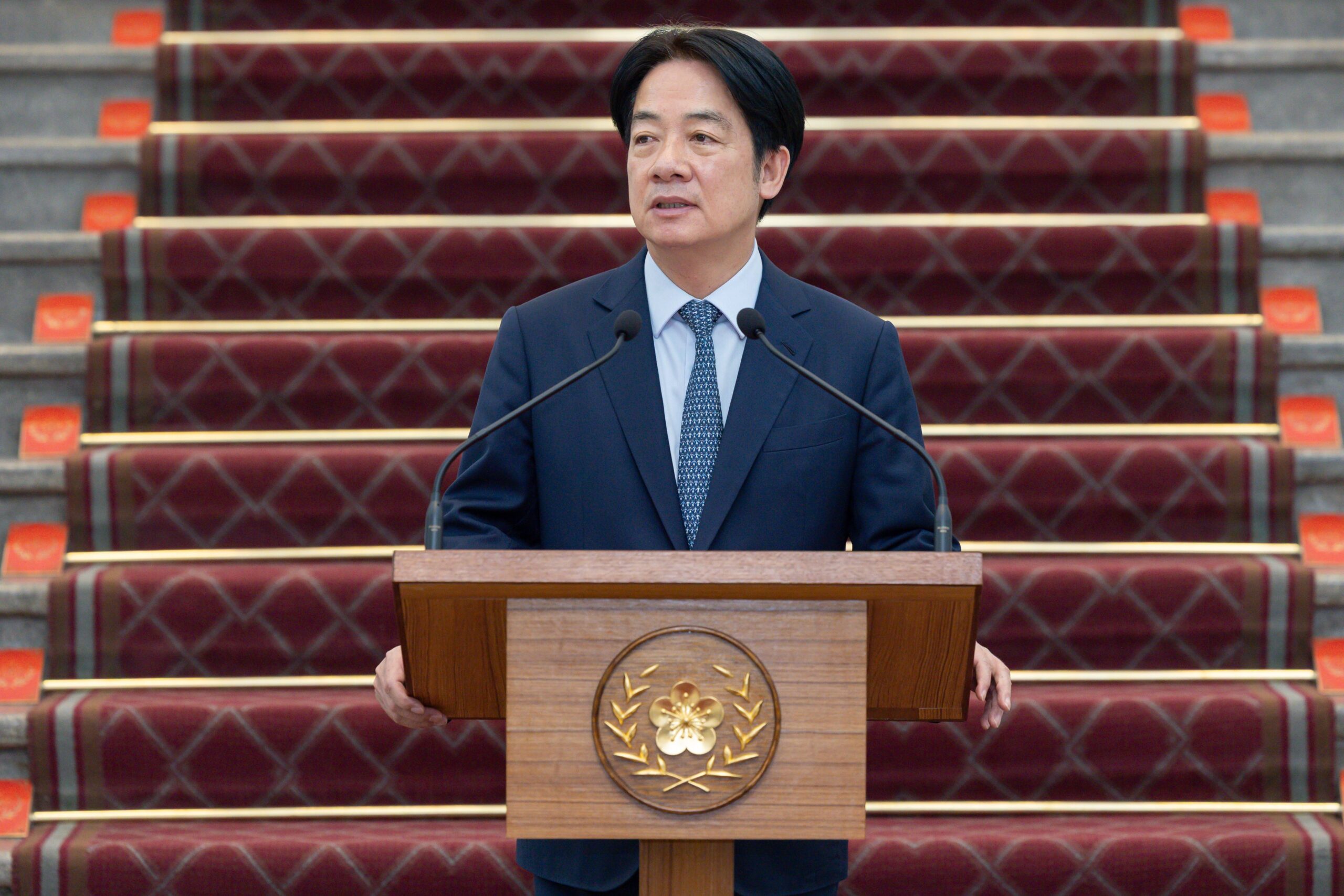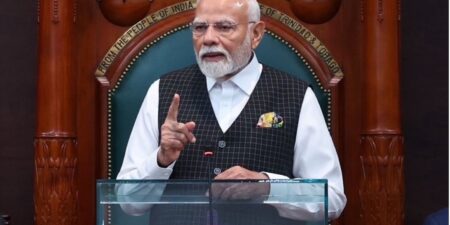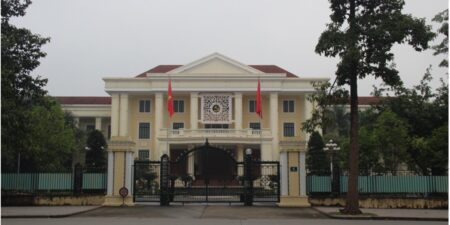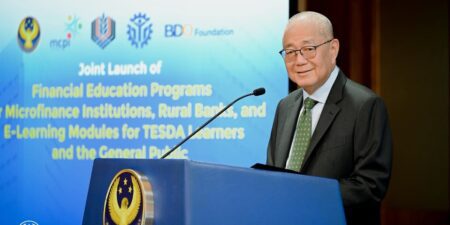The BGA Taiwan Team, led by Senior Adviser Rupert Hammond-Chambers, wrote a client update on Taiwan’s response to U.S. tariffs.
Context
- U.S. President Donald Trump initially announced the implementation of “reciprocal tariffs” on U.S. trading partners, including a 32 percent tax on goods from Taiwan. On the day these tariffs were set to take effect, he announced that, in addition to imposing tariffs of up to 125 percent on Chinese products, tariffs on products from other countries would be temporarily delayed for 90 days, during which a 10 percent tariff would be imposed. However, tariffs on steel, aluminum and automobiles will remain at 25 percent, and it has not yet been determined whether tariffs will be imposed on pharmaceuticals and semiconductors.
- The reciprocal tariffs not only concern trade deficits and tariff rates but also issues such as unfair technological and regulatory barriers. Several trade barriers were highlighted in the United States Trade Representative Office’s 2025 National Trade Estimate Report released March 31. Taiwan’s section focused mainly on agricultural product tariff quotas, pork labeling, automobile tariffs, intellectual property protection, investment restrictions and illegal transshipment (origin laundering). Because Taiwan’s tariffs on U.S. products are generally not very high, the key to successful negotiations lies in removing nontariff trade barriers.
Significance
- Taiwan President Lai Ching-te published an op-ed in Bloomberg April 9 outlining four key negotiation strategies to address the situation: eliminating tariffs between Taiwan and the United States, increasing imports of goods such as military purchases and energy, expanding investments in the United States and completely removing nontariff trade barriers. The op-ed is seen as part of Taiwan’s negotiation strategy, aiming to show goodwill toward Washington and to achieve a result similar to a free trade agreement.
- Although the tariffs have been reduced to 10 percent for now, they still impact Taiwan’s industries, especially digital products, which previously enjoyed zero tariffs. Steel and aluminum products, which have not been delayed and are still subject to a 25 percent tariff, will be among the most affected. Automotive parts, which already face a 25 percent tariff, will not experience any new direct impact.
Implications
- Despite appearances of cooperation, underlying tensions remain. The surface cooperation is largely seen as political maneuvering for the ongoing legislative recall elections. Severe confrontation and tensions between the ruling and opposition parties are expected to continue, and the ruling party must delicately balance between maintaining positive relations with Washington and avoiding political vulnerabilities at home.
- It is possible that some of the skepticism about the United States in Taiwan is influenced by China’s cognitive warfare efforts to disrupt Taiwan, but it is undeniable that Trump’s strategy has created an opportunity for anti-U.S. sentiment to grow. The current government’s approval ratings have indeed been affected by this tariff policy, which may influence voters in future elections. This could lead to the election of candidates advocating for closer ties to China, undermining U.S.-Taiwan relations and altering the status quo in the Taiwan Strait.
We will continue to keep you updated on developments in Taiwan as they occur. If you have any comments or questions, please contact BGA Taiwan Senior Adviser Rupert Hammond-Chambers at rupertjhc@bowergroupasia.com.
Best regards,
BGA Taiwan Team

Senior Advisor
Rupert is an expert on Taiwanese political and economic issues and additionally brings a special focus on defense and security within BGA. Rupert concurrently leads the U.S.-Taiwan Business Council, where he was elected vice president in 1998 and president in 2000. Prior to 1994, he served as an associate for development at the Center for Security Policy, a defense and foreign policy think tank in Washington, D.C. Rupert is a member of the board of The Project 2049 Institute. He is also a trustee of Fettes College and is a member of the National Committee on United States-China Relations. Rupert ...
Read More


























